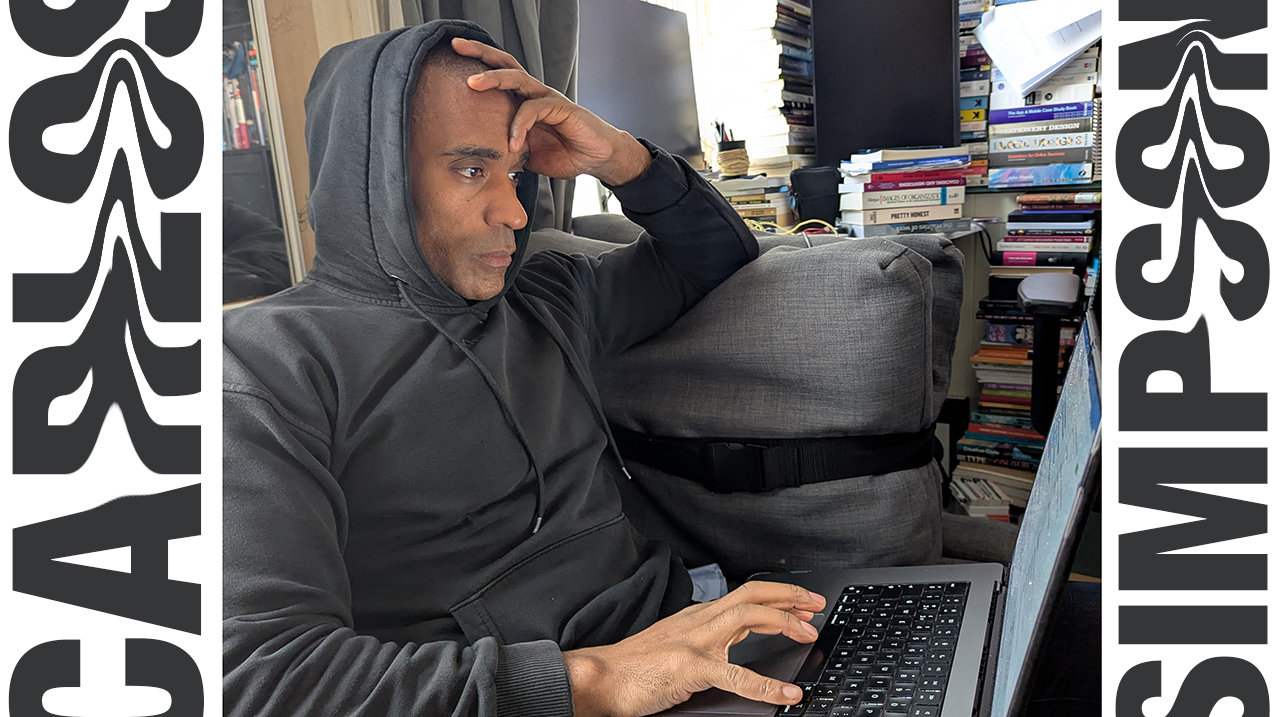Case Study:
Enhancing Strategic Leadership and Innovation through Executive Coaching at CARLOS SIMPSON Art
Introduction
Thank you for reading this post; don't forget to subscribe!
CARLOS SIMPSON Art studio based in London, has established itself as an innovative leader in art and visual storytelling. However, rapid growth and increasing market competition highlighted critical gaps in leadership effectiveness, innovation sustainability, and internal collaboration. To address these challenges, CARLOS SIMPSON Art embarked on a comprehensive executive coaching and mentoring initiative, designed in partnership with Mentoring Coaching Solutions (MCS), aimed at enhancing senior leadership capabilities, strategic alignment, and organisational agility.
Context and Key Challenges
Prior to the intervention, CARLOS SIMPSON Art faced several strategic and operational challenges:
Innovation Plateau: Although the organisation excelled creatively, translating innovative concepts into commercially viable projects was inconsistent.
Leadership Development Gap: Senior leaders exhibited significant variability in their ability to lead strategically under pressure, resulting in inconsistent decision-making and slower response times.
Cross-functional Disconnect: Limited collaboration between departments, including creative, marketing, and operations, hindered organisational effectiveness.
Sustainability and Retention Issues: High levels of stress and unclear career pathways led to executive burnout, impacting talent retention.
Recognising these issues, CARLOS SIMPSON Art sought an evidence-based coaching solution to create a high-performance leadership culture, strategically aligned to business objectives.
Coaching Intervention
The coaching programme was strategically designed with four interconnected components:
1. Strategic Leadership Coaching
Employing the GROW and CLEAR models, coaching sessions facilitated clarity in strategic goal-setting, refined decision-making capabilities, and improved leadership agility to respond proactively to market changes.
2. Innovation-focused Coaching
Coaches introduced design-thinking frameworks combined with leadership coaching to foster a systematic approach to innovation. This encouraged the translation of creative ideas into marketable solutions, directly aligning with organisational growth strategies.
3. Cross-functional Mentorship Programme
Mentoring Coaching Solutions (MCS) has developed a structured mentorship scheme, pairing senior leaders across departments to bridge knowledge gaps, foster collaboration, and enhance internal communication.
4. Resilience and Wellbeing Coaching
Tailored executive sessions target emotional intelligence, resilience-building techniques, and stress management strategies to mitigate burnout and sustain leadership effectiveness.
Implementation Strategy
The programme was implemented over nine months and involved:
Initial Assessment and Goal Alignment: Each leader engaged in diagnostic assessments to clearly identify individual and organisational leadership development goals.
Action-oriented Coaching Sessions: Regular one-on-one coaching sessions were conducted, focused on real-time strategic challenges and innovation opportunities.
Quarterly Review and Adjustment: Frequent evaluation points ensured that the coaching remained relevant to evolving strategic priorities and market conditions.
Sustained Development Integration: Upon completion, a continuous peer-coaching network was established, embedding coaching as an ongoing organisational practice.
Impact and Outcomes
The executive coaching intervention delivered measurable strategic outcomes:
- Enhanced Leadership Effectiveness: Leaders demonstrated a 35% improvement in strategic decision-making and responsiveness to organisational challenges.
- Innovation Conversion Improvement: A structured innovation approach increased successful project implementation by 45%, directly boosting organisational growth.
- Improved Internal Collaboration: The mentorship program significantly increased cross-departmental synergy by 40%, leading to improved project outcomes and team dynamics.
- Increased Executive Retention: Enhanced resilience and wellbeing coaching reduced executive burnout by 30%, contributing to improved morale and retention.
Conclusion and Strategic Significance
The collaboration between CARLOS SIMPSON Art and Mentoring Coaching Solutions (MCS) provides compelling evidence of executive coaching’s potential to transform strategic leadership, enhance innovation capacity, and foster a cohesive organisational culture. By integrating evidence-based methodologies, strategic frameworks, and holistic leadership practices, Carlos Simpson Art not only overcame immediate strategic challenges but also established sustainable practices for long-term organisational success.
This case study demonstrates how focused executive coaching interventions can substantially impact organisational agility, innovation capability, and strategic leadership, effectively equipping CARLOS SIMPSON Art for future growth in a rapidly evolving market.





